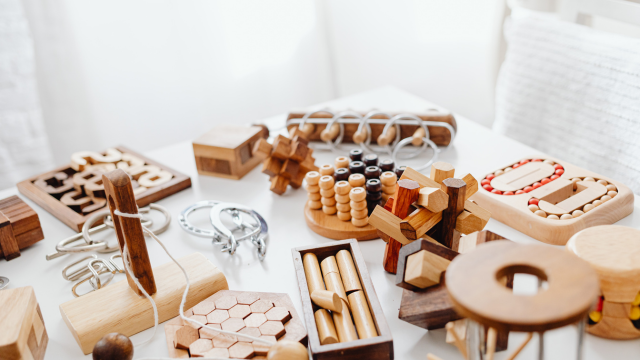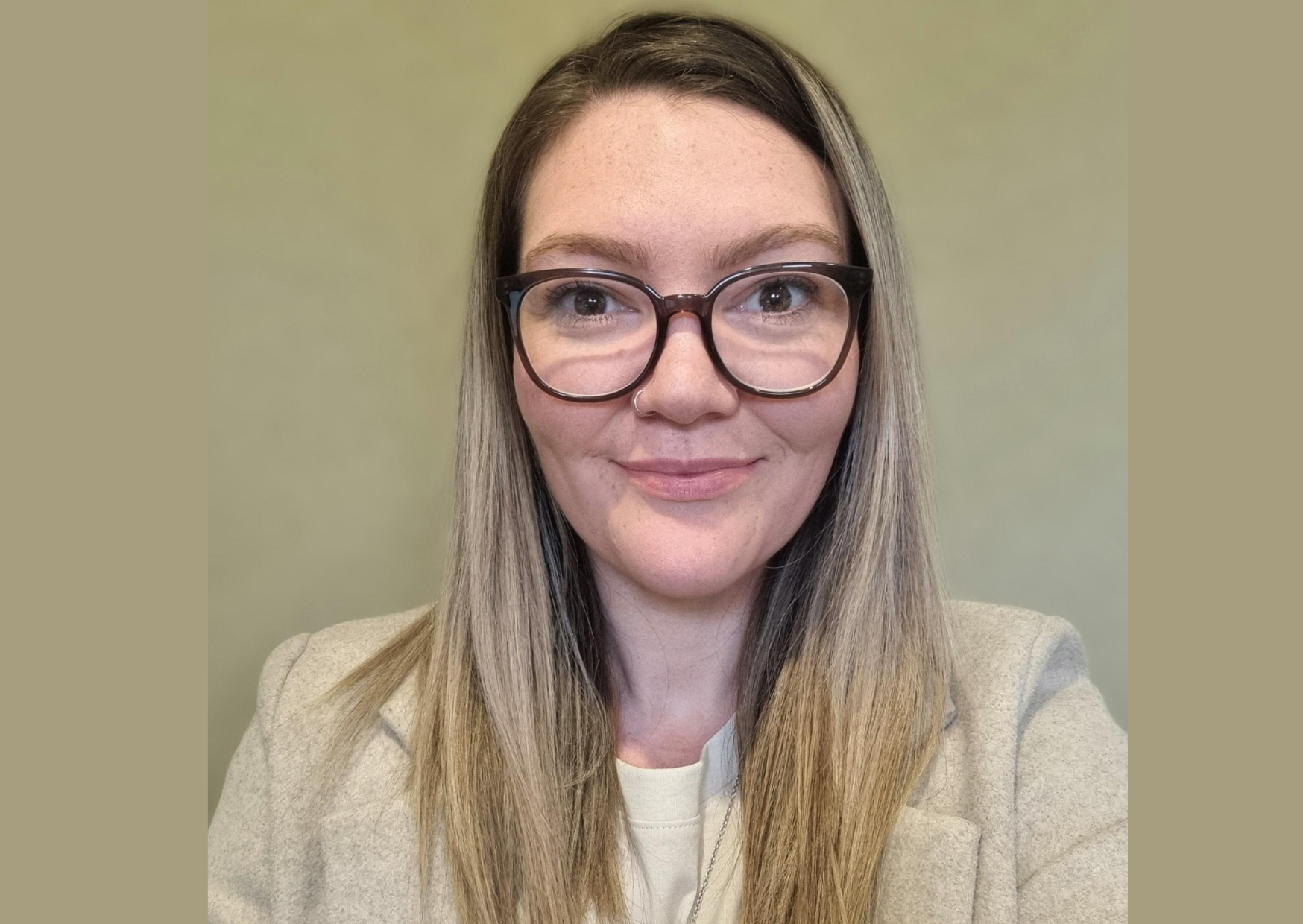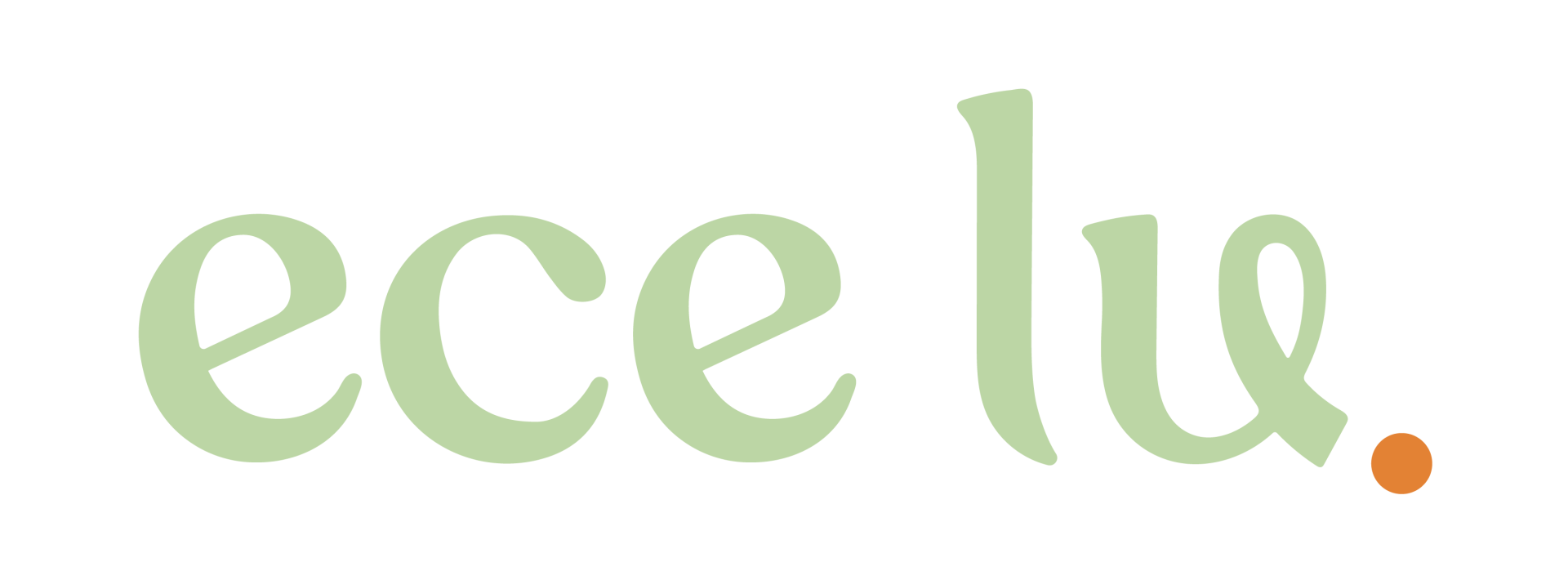When you give a child a box of buttons, stones, and string, you are not just giving them materials, you are giving them the world in miniature. Each item is a doorway into thinking, feeling, and imagining.
Loose parts play sits beautifully within the
Early Years Learning Framework (EYLF V2.0), where learning is defined through Belonging, Being and Becoming. When children engage with open-ended materials, they aren’t following directions. They’re writing their own. They are building knowledge through experience, reflection, and collaboration.
Simon Nicholson’s Theory of Loose Parts suggested that creativity is not the preserve of a few but a capacity we all share when the environment supports it. His work mirrors Froebel’s belief that play is the highest form of research. By offering loose parts, we invite children to explore, tinker, and invent, echoing Vygotsky’s concept that learning is social, relational, and built through shared experiences.
Through loose parts, children become the designers of their own learning. They use materials to express complex ideas that may still be beyond their words. A cardboard tube becomes a telescope. A stack of pebbles becomes a skyscraper. A collection of bottle tops becomes a family or a pattern. This is symbolic representation - the same foundation that later supports reading, writing, and mathematical reasoning.
When educators step back and observe, they begin to see the cognitive richness in these moments. Piaget’s theories remind us that children construct knowledge by interacting with the world. Loose parts offer exactly that: opportunities to hypothesise, test, and revise ideas. Children experience physics as they balance structures, mathematics as they sort and count, and engineering as they design and rebuild.
This deeply aligns with
Outcome 4 of the EYLF - children are confident and involved learners and
Outcome 5 - children are effective communicators. It also connects directly to
Quality Area 1 of the
National Quality Standard (NQS), where play-based programs are valued as pathways for deep engagement and inquiry.
Loose parts also embody the EYLF Principles of Sustainability and High Expectations and Equity. By using natural and recycled materials, we model environmental responsibility and demonstrate that meaningful play does not depend on expensive resources. We show children that imagination and innovation can thrive anywhere, with anything.


